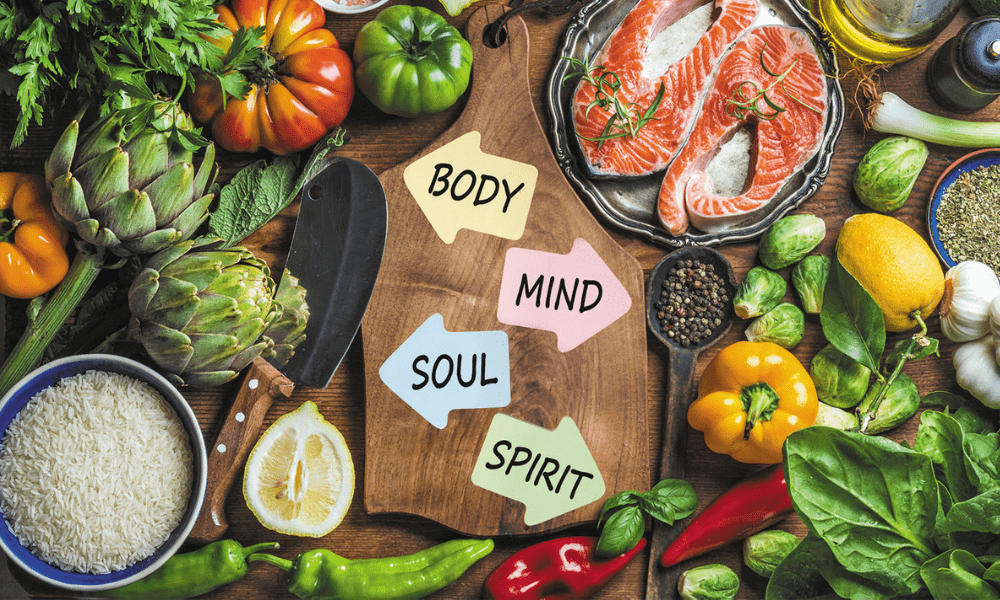We all experience anxiety throughout our life – and there are many reasons as to why stress and anxiety can exist in our everyday lives. The most important thing to remember here is that vitamins and minerals can’t make up for conditions that need professional care and help – but it can help you a lot.
Do you feel that your anxiety levels are out of control?
If you’re feeling depressed, out of energy and anxious in your daily life the answer to the question above is probably yes. These are all symptoms which could be caused (or amplified) by a poor diet and nutritional intake. Being deficient in certain minerals and vitamins can affect your physical and mental energy, your body’s health along with the biochemical balance in your brain, resulting in anxiety or increasing the levels you’re currently experiencing.
1) Energy Production: Vitamin B-1
B vitamins are critical for your body’s energy production, and vitamin B-1 is specifically known for its calming and soothing effect – which is why you’ll hear it being referred to as the “anti-stress” vitamin. Several studies and extensive research shows that taking 50 milligrams of vitamin B-1 every day helps improve calmness and mood – if taken every day for two months you should start to notice the change.
Luckily for us humans, vitamin B-1 is found in almost all kinds of foods and is therefore very easy to consume and not be deficient in. If you don’t like taking tablets and want a 100% natural source of these vitamins, add more whole grains and legumes to your diet.
2) Mood hormones: Vitamin B6
This vitamin is essential for your neurotransmitters (chemical messengers in your brain) which ensures normal function and impacts your mood and sleep schedule. It also plays a major part in producing serotonin and norepinephrine (some of the most important neurotransmitters) which help adjust how you feel and keeps a stable mood.
The University of Maryland Medical Center published their findings on how large deficiencies of vitamin B-6 can lead to irritability, depression, anxiety, and difficulty concentrating along with the loss of short-term memory. In order to sustain a healthy environment for neurotransmitters to do their job, a dose between 1.3-2.0 milligrams is needed for adults. If you love eating chicken and fish you’re in luck, these meats contain a good amount of B-6. Also, remember to add dairy to your diet, or eat legumes, brown rice, and whole grains if you’re a vegetarian and want more B-6 through a natural source.
3) Mineral Deficiencies
Just like vitamins, minerals are extremely important for your brain’s function and for the production of neurotransmitters and hormones which affect your mental health. According to the “Indian Journey of Psychiatry”, zinc helps protect your brain cells from toxins and can amplify the success and efficiency of antidepressant medications. Another essential mineral is iron (especially for women) which powers red blood cell production and delivers oxygen to your cells. Adults who suffer from constant fatigue, depression, and anxiety could also be deficient in iron, and could to their benefit add nuts, seeds, leafy greens, meats and fortified foods to their diet.
Remember: before you decide to adjust your diet or exercise routine, it’s a good idea to speak to a doctor and see what they recommend. If this is something you need assistance with, don’t hesitate to get in touch with Dr. Best and the Neuroscience Center.
Schedule a consultation:
Phone: 847-236-9310
Email: [email protected]








